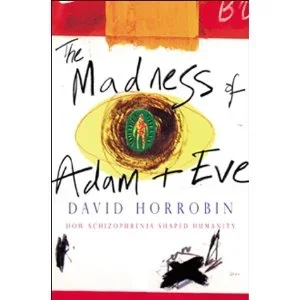U
Untitled
Well but that's what I'm saying. "Schizotypal" as a term is a term for a mental disorder. A mental health professional is the expert that makes the call wether something is a mental affliction, i.e. something that hinders your life and normal social and societal functioning. I wouldn't say that believing in ESP or ghosts or God is a sign of a disorder, nor should someone who experiences this phenomena label themselves as schizotypal. How about spiritual or New Agey?I read this description from the Mayo clinic. It is hilarious. Don't take it too seriously. This is what happens when mental health professionals encounter something that they do not understand. If you read between the lines, they're just pathologizing psychic ability and being highly sensitive. It's absurd and it was written by people who have no idea what they're talking about. To them: psychic ability = crazy. Because if they admit that psychic people are perfectly sane, then that casts doubts on their belief that it doesn't exist.
I would specifically reserve the term schizotypal to people with functioning problems as the definition of the mayo clinic suggests, diagnosis of which I'd leave to professionals, really.
LONDON — Here's one to ponder on Halloween. A new survey says more people in Britain believe in ghosts than believe in God.
A poll of more than 2,000 people says 68 percent believe in ghosts and spirits, while 55 percent say they believe in the existence of God.
Of the ghost believers, 12 percent claim to have seen an apparition. Seventy-six percent say reality television shows and films about the supernatural are part of the reason they're convinced ghosts are real.
The poll was conducted by retailer Choice UK. It also finds that about 26 percent believe in UFOs and 19 percent believe in reincarnation. But just 4 percent think the Loch Ness monster is more than a myth.
http://www.msnbc.msn.com/id/9879388...oll-gauges-beliefs-supernatural/#.T0z9fZiNVX4
Such a vast majority of people believe in paranormal phenomena that I don't think you need to label yourself insane if you do too. If it impairs your functioning in society in a significant way it's a problem.

